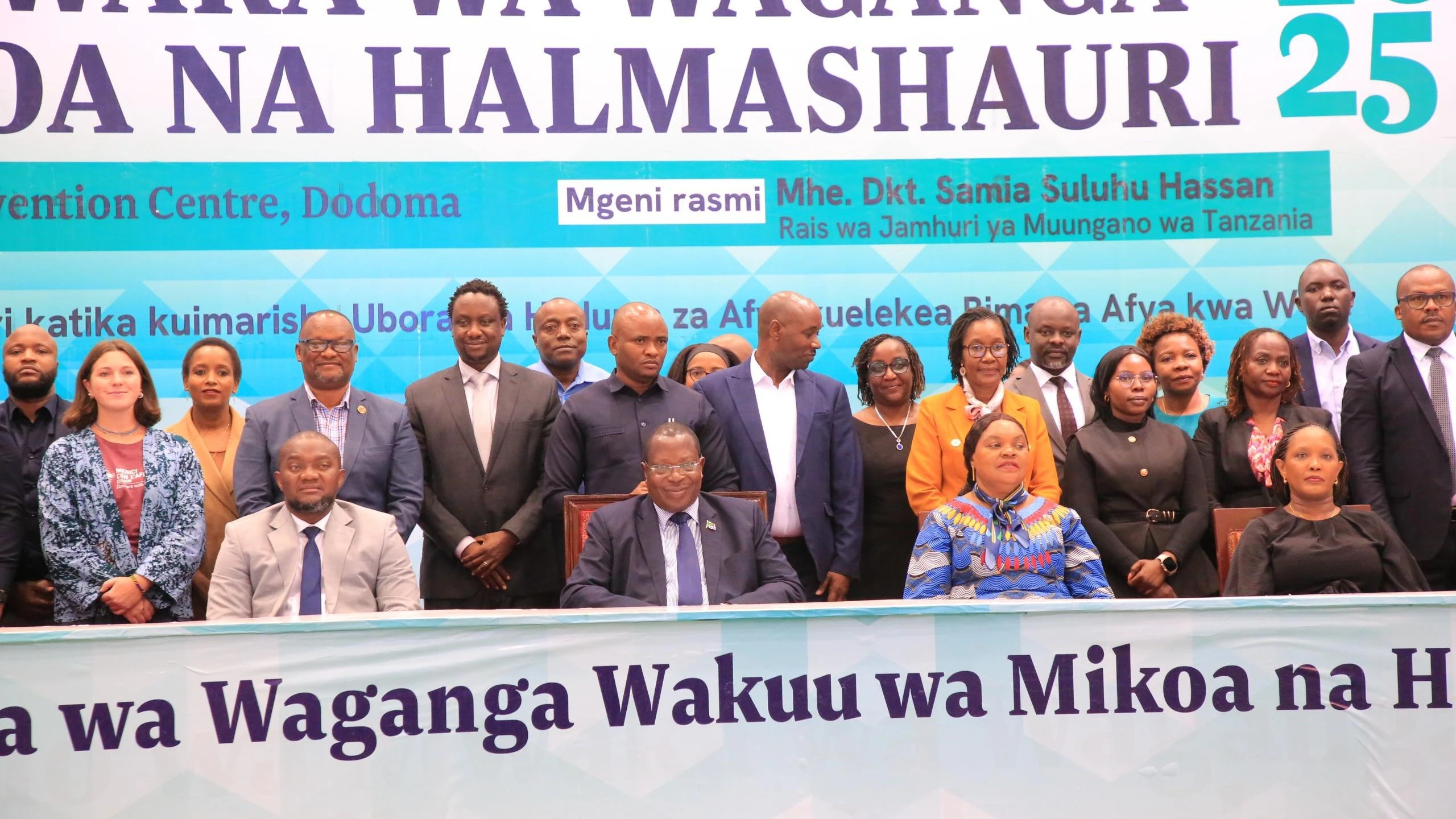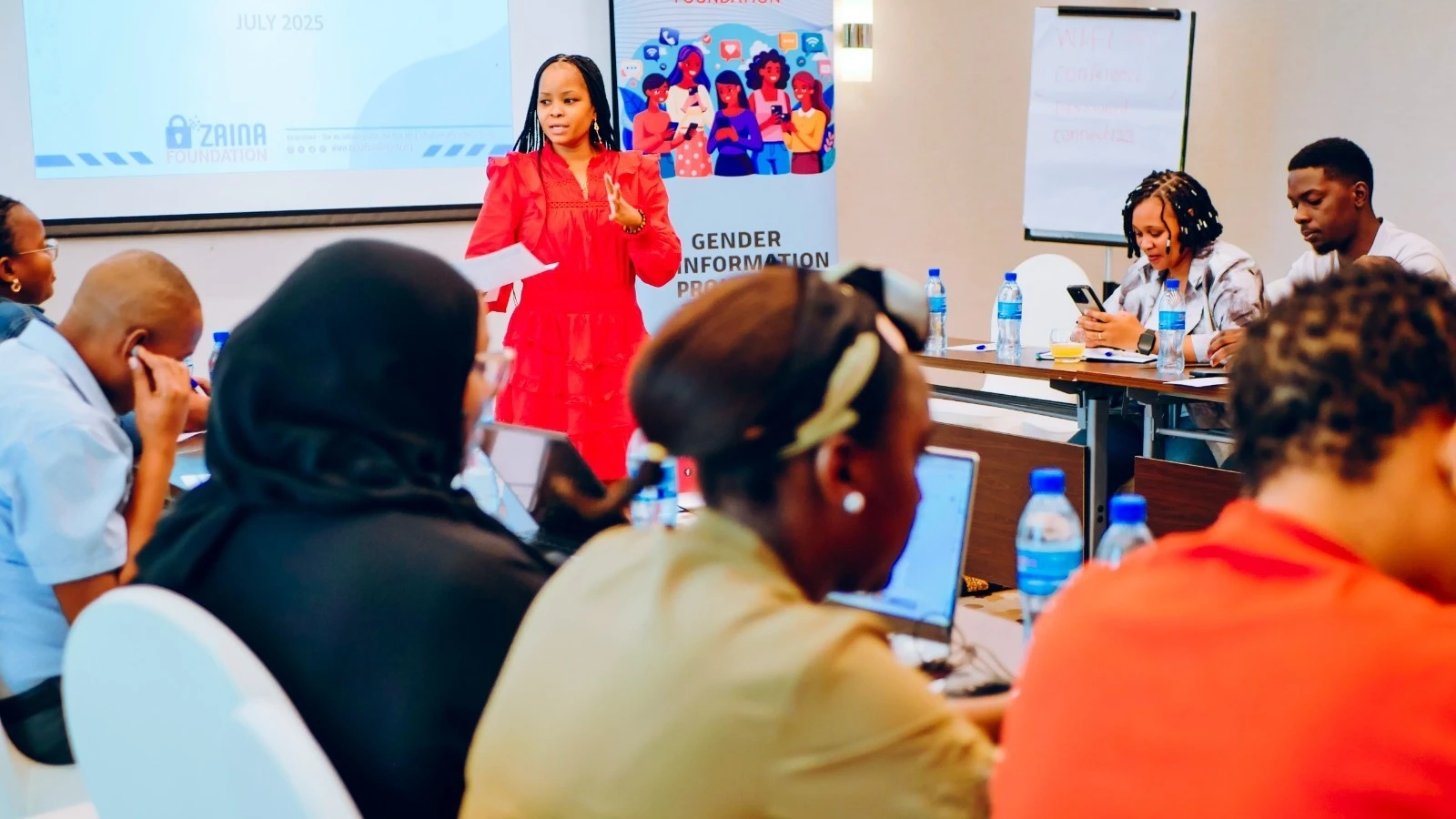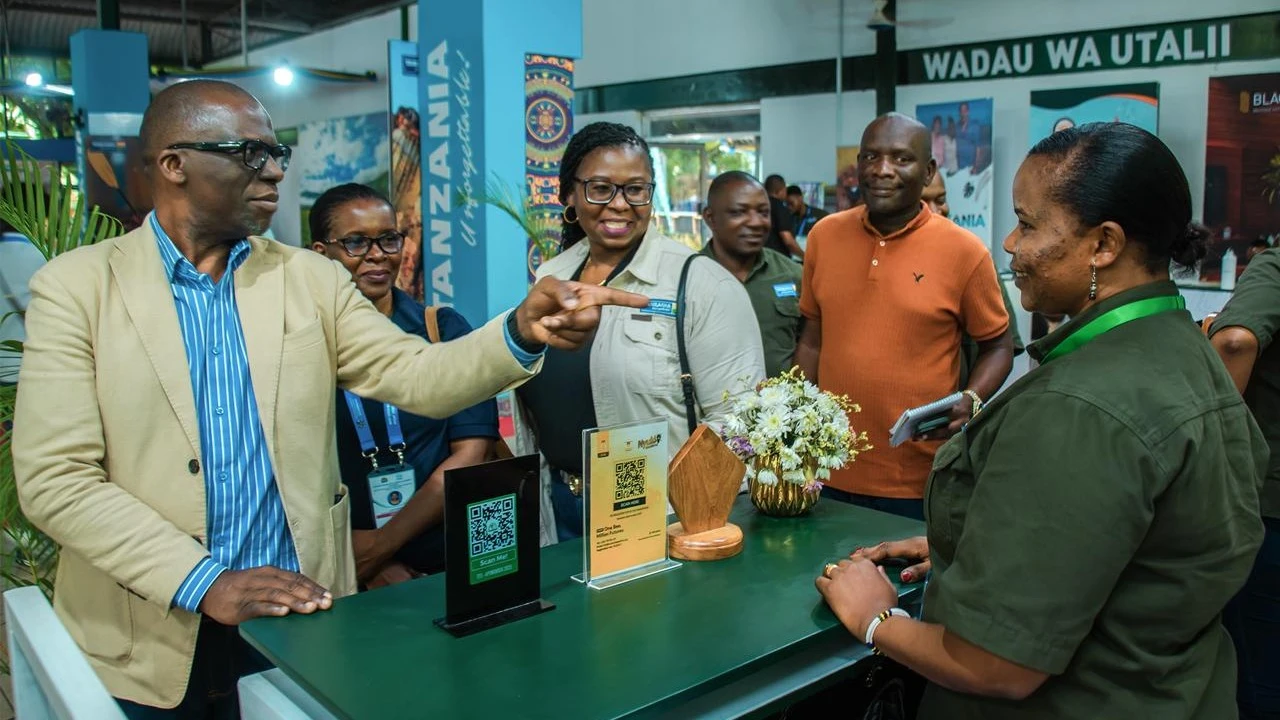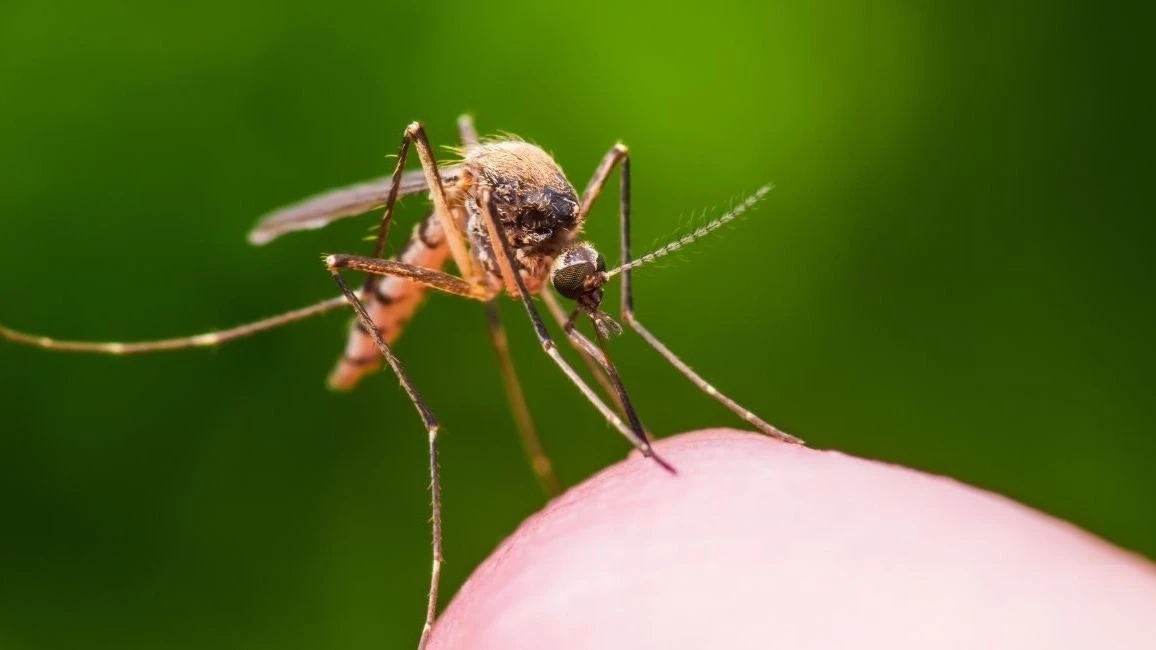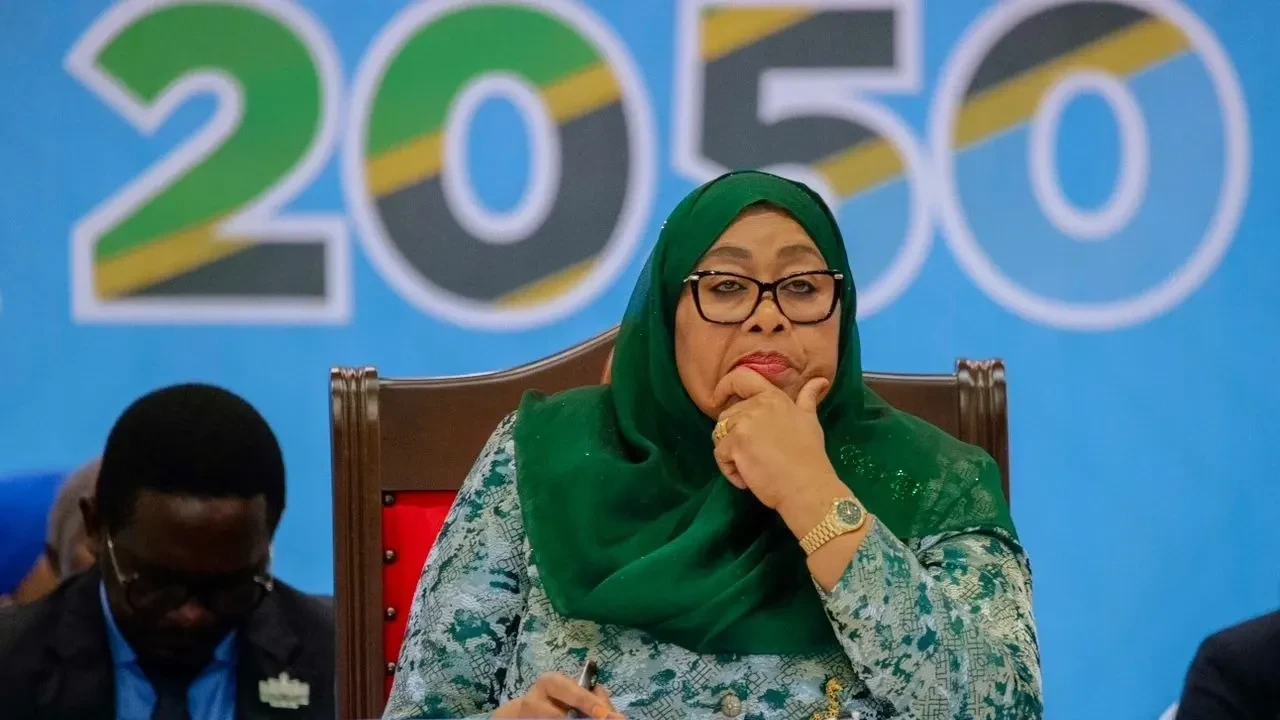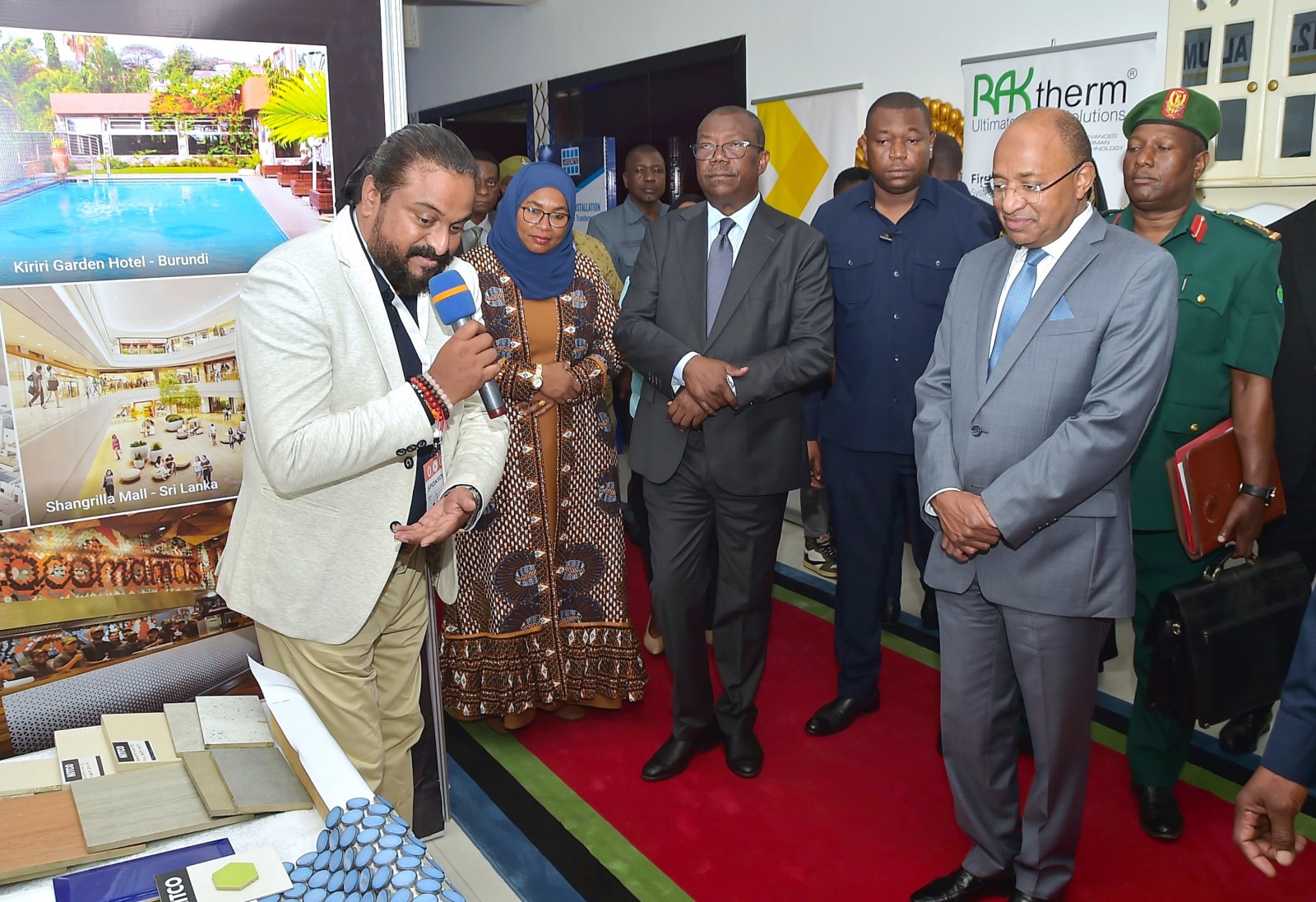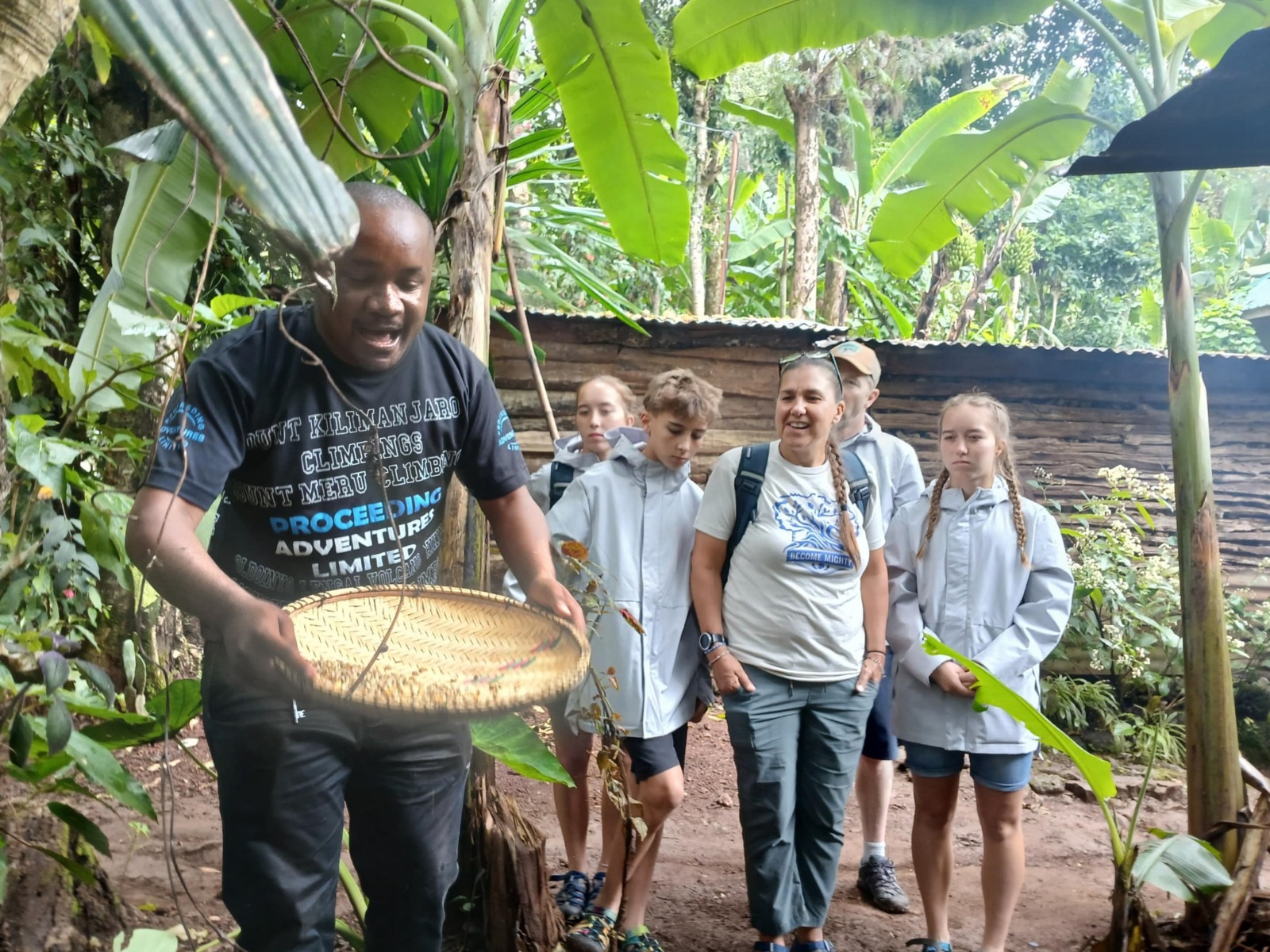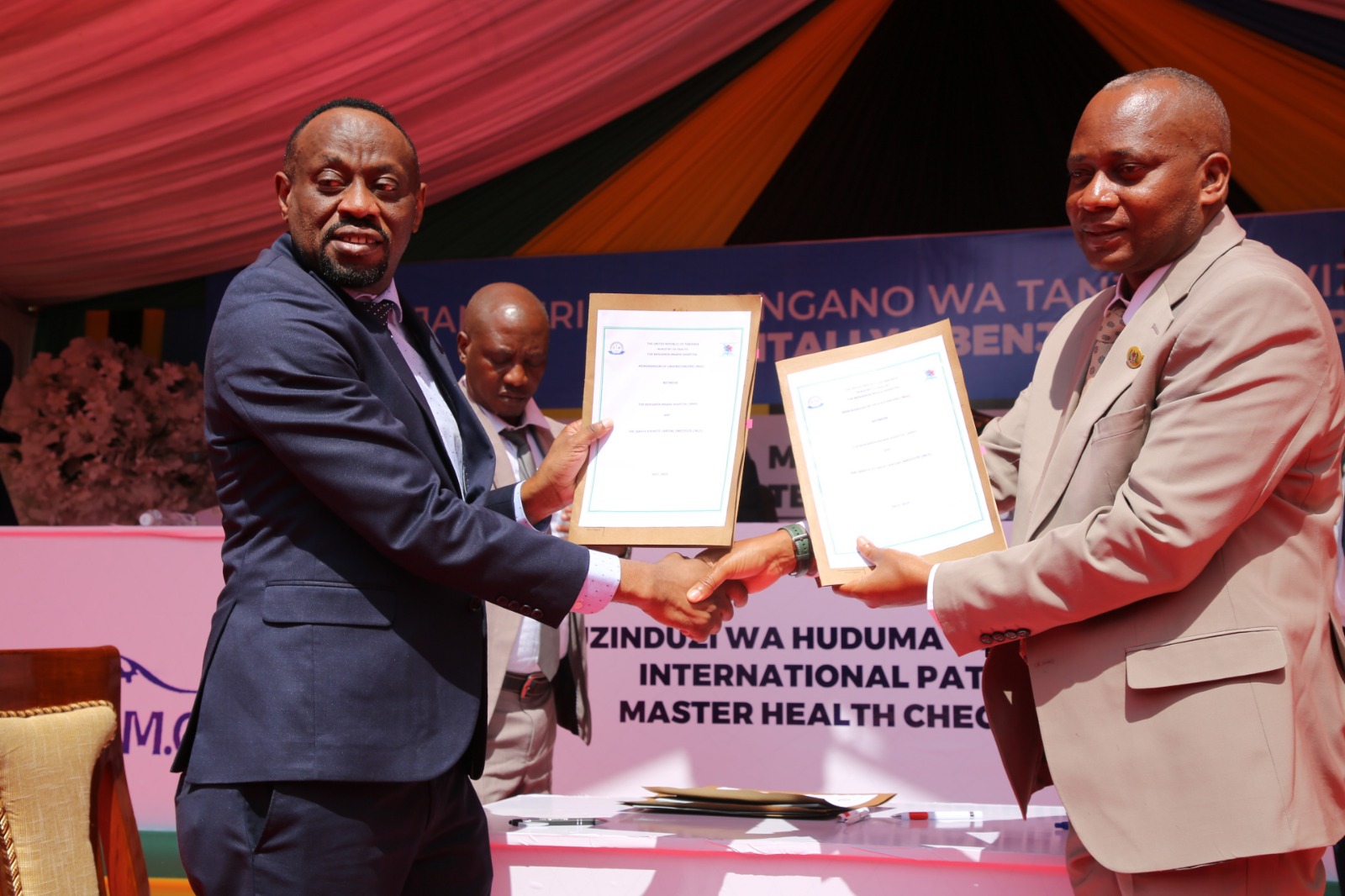The need for Tanzania to invest in young mothers to secure its future
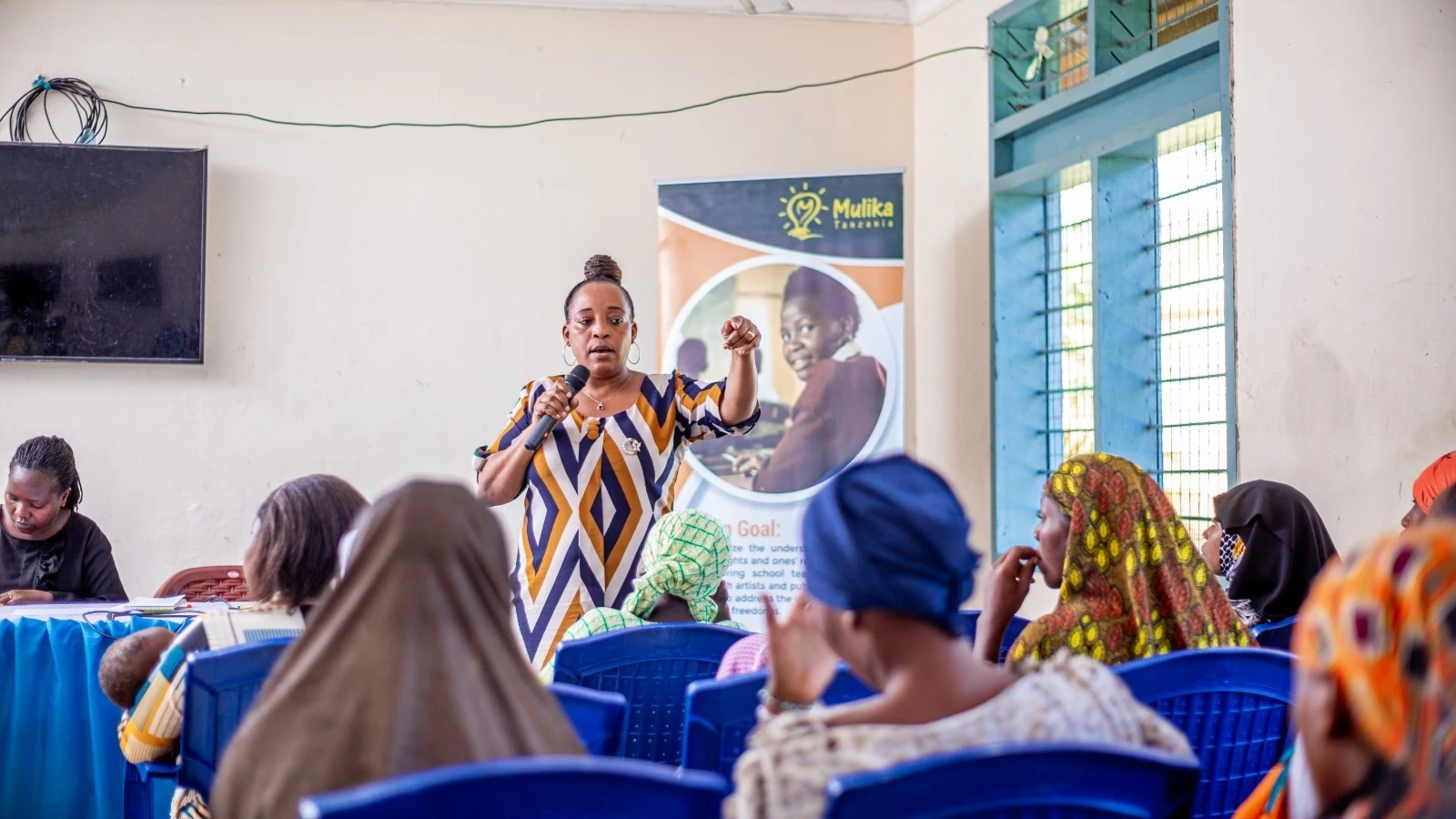
IN Tanzania’s grand narrative of national development, youth are often hailed as the driving force behind economic, social and political progress
Yet amid the celebrations and policy declarations, one group continues to carry a disproportionate burden, too often left out of the national conversation, young mothers.
Their stories don’t fit neatly into policy papers or development frameworks. But they are urgent, unfiltered, and reveal the gaps we can no longer afford to ignore.
The government’s updated National Youth Development Policy (2024) lays out an admirable goal: ‘empowering youth to build a robust and sustainable economy’.
But ambitions must align with reality. According to the 2021 Labour Force Survey, 1.73 million young people remain unemployed, with young women, particularly mothers, bearing the brunt.
Some key pillars of the policy include promoting youth access to capital through youth loans such as the 10 percent loans offered by districts to special groups—women, youth and the disabled.
It also aims to support youth entrepreneurship, vocational training, and innovation hubs, prioritize youth employment in national sectors (agriculture, industry, ICT), enhance access to quality education, both formal and informal, expand technical and vocational education and training (TVET) as well as introducing life skills and digital literacy programmes to meet labour market demands.
Through the policy, the government is also aiming to increase youth access to reproductive health services and education, promote mental health awareness and substance abuse prevention, encourage youth participation in democratic processes and governance, strengthen youth organizations and networks at national and local levels, address structural barriers facing marginalized youth including young mothers and youth with disabilities.
The odds of most young mothers are bleak, gender-based violence (GBV), early and forced marriages, school dropouts, and single motherhood remain widespread.
The Third Five-Year Development Plan acknowledges the truth: unemployment among young women is double that of young men. A staggering 22.9 percent of young women are not in education, employment, or training — compared to 10.8 percent of their male counterparts.
These statistics hide the cost to human potential, to families, and to national productivity.
They also fail to capture the quiet determination of women like Annastazia Luwasa, Pili Juma, Aziza Saidi, and Mwanahamis Abdalah — young mothers from Kiwalani ward in Ilala District who following early pregnancies or forced marriages, they are now surviving as small-scale entrepreneurs.
These young mothers are not asking for pity, they want a fighting chance. That opportunity came, for some, through Mulika Tanzania, a non-governmental organization (NGO) empowering young mothers, especially those affected by early pregnancies, school dropouts, and economic marginalization.
The NGO provides vocational and entrepreneurial training such as tailoring, baking, soap-making and agriculture, it offers financial literacy and business management courses, helping young mothers to start small businesses and trains them on how to access local government loans.
Mulika Tanzania has been conducting workshops on sexual and reproductive health, targeting both young women and communities to reduce stigma, empowers young mothers with knowledge of family planning, maternal health, and HIV/Aids prevention and connect them with mentors and counselors to build self-esteem, resilience, and emotional well-being.
With the right support, these women become ntrepreneurs and leaders, better caregivers, role models in their communities and gents of change for the next generation
Their work focuses on equipping young women with life skills, economic tools, and confidence to rebuild their futures and contribute meaningfully to society.
The transformation is visible. Annastazia Luwasa, once in despair, now envisions launching her own business using knowledge of the 10 percent council loan programme.
Mwanahamis Abdalah has embraced financial discipline and courage while Aziza Saidi speaks of reclaiming her self-worth. Pili stresses the urgency of reproductive health education.
When we equip young mothers with skills, knowledge, and access to capital, we do more than help them survive — we unlock a grassroots engine of development.
They become entrepreneurs, job creators, taxpayers, and agents of change.
They raise children in safer, more stable homes. They rebuild communities from the inside out.
But NGOs cannot shoulder this burden alone.
Government initiatives — like the Prime Minister’s Office 10-year implementation strategy (2024–2034) — must transition from policy to practice.
Strategic partnerships with credible civil society organizations like Mulika Tanzania must be strengthened, funded, and monitored for impact. Most importantly, reproductive health education must stop being treated as taboo.
Too many girls, like Mwanahamis and Aziza, learn too late — through trauma, social rejection, or irreversible health issues.
The 2022/2023 Tanzania HIV/Aids Indicator Survey shows a harsh truth: HIV rates remain significantly higher among young women than young men. Early intervention is not optional — it’s a lifesaving imperative.
These young mothers are not statistics or project beneficiaries. They are the embodiment of resilience. They have faced stigma, abandonment, and loss — yet they continue to dream. And their dreams are not theirs alone. They are Tanzania’s.
Every cassava stall turned into a business, every loan repaid, every child raised in dignity — strengthens our economy and society. When Aziza aspires to formalize her enterprise or when Pili educates her peers on reproductive health, civic leadership comes alive.
“What we need now is national will,” they say. “We need space in economic plans, in public discourse, and in national budgets.”
They call for leaders like district officer Paulina Kijo — those who uplift instead of judge. They demand school re-entry policies that don’t punish motherhood. Youth loans that are accessible, not buried in red tape and mentorship that bridges lofty policy with real, personal change.
Young motherhood should not be a lifelong sentence to poverty. With the right support, it can become a launchpad for purpose. Tanzania has long championed Ujamaa, the philosophy of collective uplift.
“If we’re serious about inclusive development,” they insist, “then the struggle and the strength of young mothers must be placed at the heart of our national agenda.”
Top Headlines
© 2025 IPPMEDIA.COM. ALL RIGHTS RESERVED











